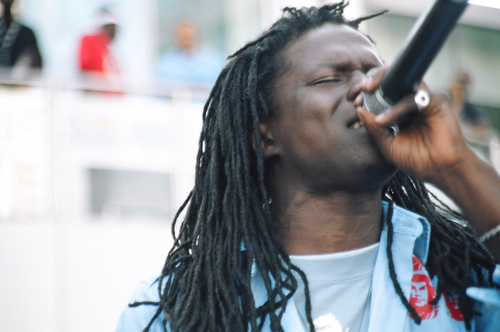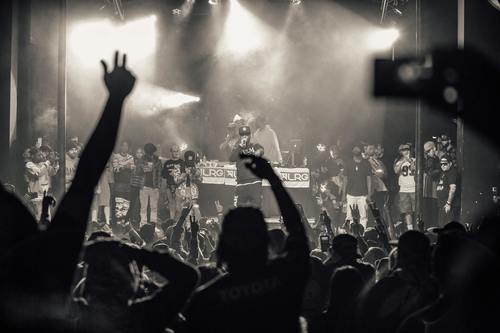Hip Hop: A Tool Against Injustice
Art is innate to humans, allowing people to express themselves to their fullest without the worry of any intervention by external parties. It also allows different forms of expression via any number of mediums. One of those mediums is music, which has been used to convey deep emotions and insightful statements since time immemorial. Hip-hop can be seen as one of the primary tools people have used to protest against societal issues and injustices since the late 20th century.
At a time when America was dealing with the heightened racial tensions post-Civil Rights Act, songs with messages of black solidarity and anti-racism sentiments shot to the forefront of hip-hop and blues culture and continued to persist for decades henceforth. Songs as “Fight the Power” by Public Enemy, “Where is the Love?” by The Black-Eyed Peas, and “Changes” by Tupac Shakur helped increase the awareness of struggles the African-American community went through while dealing with occurrences of police brutality and structural racism present in the United States. With the advent of hip-hop culture in America and the popularity of rap songs even among the non-black community, the societal issues plaguing the nation gained wider coverage.
The songs did not just include anti-racism sentiments but also encompassed more general issues in society, such as class struggle, war, and poverty. Rappers in the gangsta rap community often came from underclass backgrounds promoting them to showcase their views to the world about the difficult life they had to deal with growing up. As the US government increased its involvement in global political matters after the fall of the Soviet Union, songs criticising the US government were also written by artists such as Immortal Technique, Lupe Fiasco, and Lowkey. This sentiment wasn’t just limited to the hip-hop community but also seeped into the broader music community as the US government came under a more comprehensive range of scrutiny for its handling of the global geopolitical landscape at the time. Hence, rap and hip-hop has not only been an artful form of expression but also acts as a tool of protest against problems in society.



